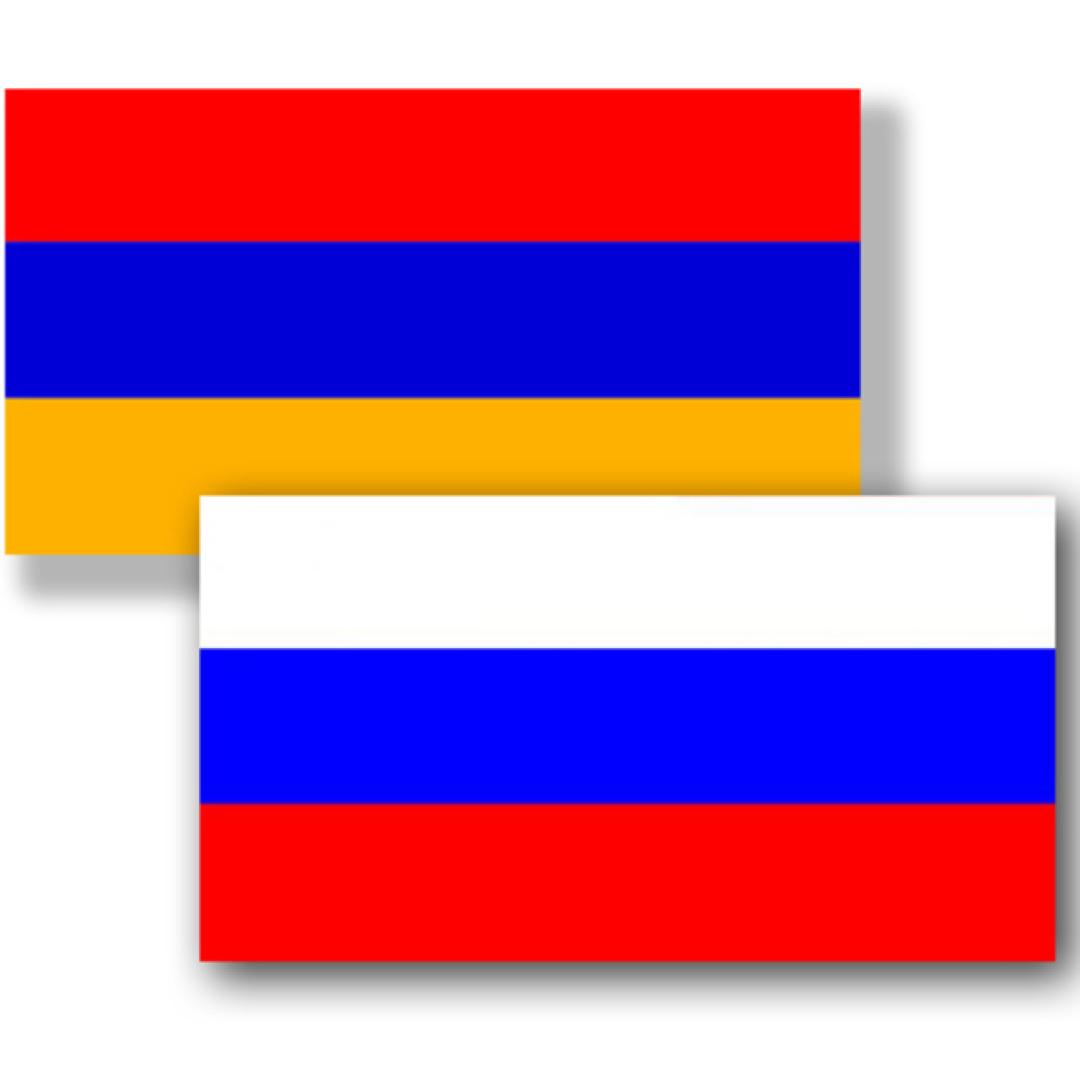
Russian Ambassador to Armenia on Inconsistency in CSTO and Armenian-Azerbaijani Normalization

On inconsistency in CSTO
In an interview with the Kentron TV channel on December 1, Sergey Kopirkin, the Ambassador Extraordinary and Plenipotentiary of Russia to Armenia stated that the Collective Security Treaty Organization (CSTO) functions based on absolute equality and respect for the sovereignty of states.
"Therefore, it is not always possible to immediately come to agreed decisions: because no one twists anyone's hands," he added. The diplomat said that the CSTO does not seek expansion, to go beyond the territory that is in its area of responsibility, and does not impose recipes for the development and behavior of states. "This is truly a community of equal, sovereign states. This sometimes makes it more difficult to agree on some decisions. However, at the same time, this is in line with our philosophy of behavior in international relations. I think this philosophy is the future since it is in demand by the overwhelming majority of the world's states," he stressed.
In the context of the meeting of the leaders of the CSTO countries organized in Yerevan at the end of November, Kopirkin noted that a frank and constructive discussion took place on issues of concern to all states, including the issue related to the situation in Armenia on the Armenian-Azerbaijani border. "Not all decisions were agreed upon, but the effectiveness of the summit did not suffer from this: decisions were made that work to build up the capabilities of the CSTO and tools aimed at solving the problems that our states face and which are core for the CSTO," he said adding that the work will be continued, and Russia will take an active part in it.
On Armenian-Azerbaijani normalization process
In the context of the normalization of relations between Armenia and Azerbaijan, Sergey Kopirkin said that Russia can assist, but the final decision remains with the parties. "The Russian side put forward its proposals, of course, our president spoke about this following the results of the Sochi summit. Of course, in the end, it's up to the parties to decide. We can help, we can assist in creating favorable conditions, help with proposals, ideas, but this is a negotiation process between the two sides," he added.
Speaking about the proposals of the Russian side, the Ambassador said they are logical, and almost 100% satisfy both sides. "It was openly discussed. These are the proposals that are not subject to wide discussion - these are, after all, proposals for the parties: in the end, the Armenian and Azerbaijani sides decide what is acceptable for them, what is unacceptable, what compromises to reach based on their tasks, their national interests. The role of Russia in this regard is to help this process in every possible way, on the one hand. On the other hand, this is the unique role of Russia - to play the role of a stabilizing factor on earth," he added.
According to Kopirkin, the key role in preventing a large-scale escalation and the breakdown of all elements of security and normal life in the region is played by the Russian peacekeeping contingent in Artsakh, the presence on the border, and the Russian military base stationed in Armenia. "But it is not noisy work. This work is not for the public, not to please someone. This is a very responsible practical work to assist in real normalization, whether it is the unblocking of economic ties in the region, which is the task of the trilateral group headed by the vice-premiers of the three countries, whether it is the readiness to assist the issue of delimitation, including cartographic expert assistance, as well as assistance to the negotiation process to achieve a peace treaty between Armenia and Azerbaijan," the Ambassador stressed.
Kopirkin also noted that the main thing for the Russian side is the solution of very acute, long-standing problems by peaceful, political means, their resolution on a fair basis. "There can be no sustainable peace if some parties perceive the terms of some agreement as unfair. This is also an important element of our approach," the diplomat said.
See Also


Mirzoyan Meets US Deputy Assistant Secretary Joshua Huck

Azerbaijani President Holds Talks with UAE and German Business Delegations on Economic Cooperation

Grigoryan Confirms Armenia’s Readiness to Dissolve OSCE Minsk Group Upon Peace Treaty Signing

Azerbaijani Official Warns of Ecological Risks to Caspian Sea, Similar to Lake Urmia and Aral Sea

